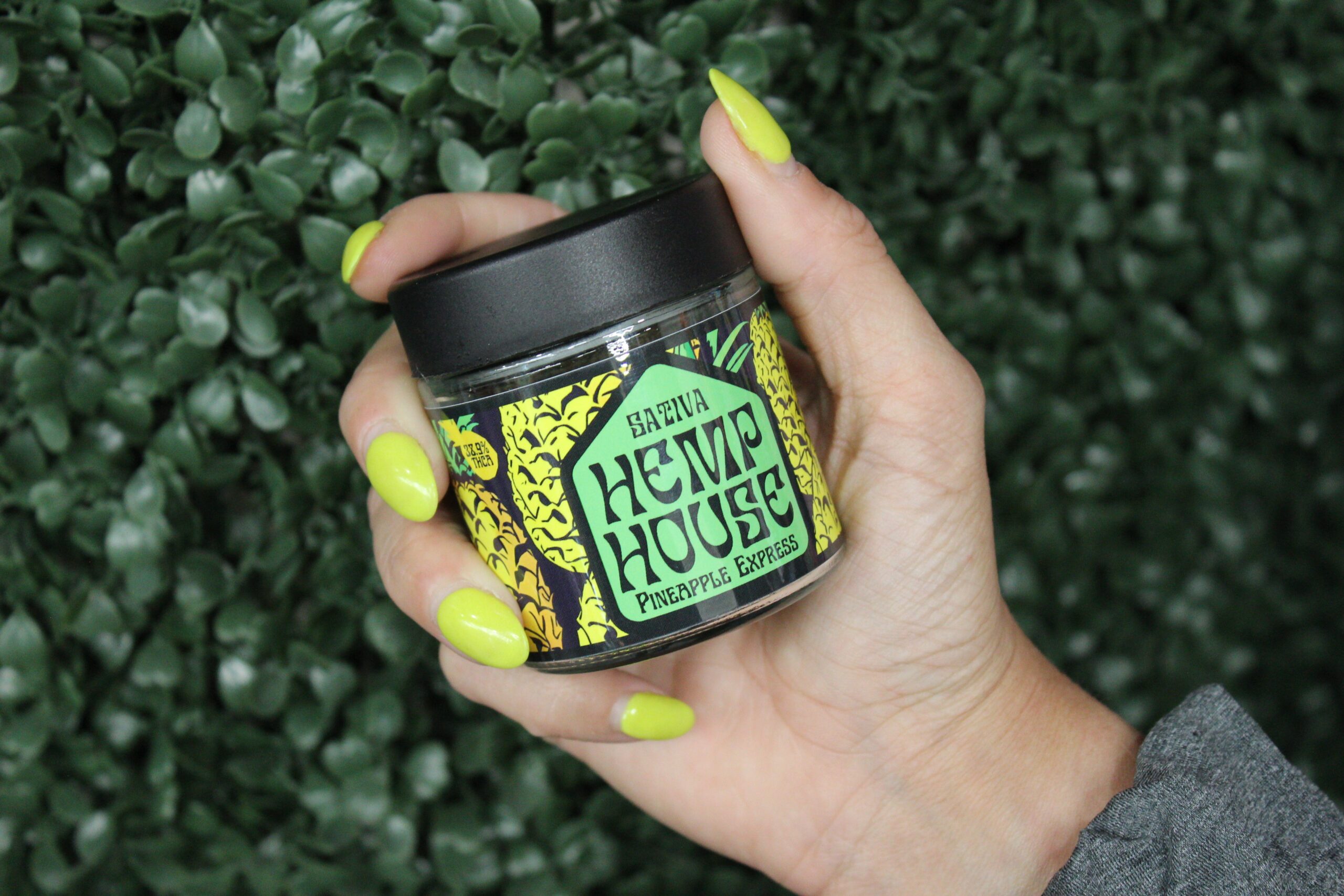As the cannabis industry evolves, more cannabinoids are entering the spotlight for their unique properties and potential benefits. One such compound is Delta 9 THCa (TetraHydroCannabinolic Acid). Unlike Delta 9 THC, Delta 9 THCa is non-psychoactive in its raw form but plays a crucial role in the cannabis plant’s lifecycle and usage. This article explores what THCa is, its role as a precursor to THC, the growing process, the legal loophole that allows its sale, and the role of decarboxylation in activating its effects.

What is Delta 9 THCa?
THCa is the acidic precursor to THC (Tetrahydrocannabinol), the primary psychoactive compound in cannabis. Interestingly, the cannabis plant does not produce THC directly. Instead, it synthesizes THCa, which only converts into THC when exposed to heat or UV light through a process called decarboxylation.
Key properties of THCa include:
- Non-Psychoactive: In its raw form, THCa does not bind effectively to CB1 receptors in the brain, so it doesn’t cause a high.
- Essential Precursor: THCa is the foundation for THC’s psychoactive effects after decarboxylation.
- Health Potential: Early research suggests THCa may have anti-inflammatory, neuroprotective, and antiemetic properties.
The Growing Process of D9THCa-Rich Cannabis
THCa is naturally produced during the cannabis plant’s growth as part of its biosynthetic pathway. Here’s how it forms:
- Biosynthesis: Cannabinoid production begins with CBGA (Cannabigerolic Acid), often called the “mother cannabinoid.” Enzymatic reactions convert CBGA into THCa, CBDA, or CBCA, depending on the plant’s genetic makeup.
- Trichome Development: THCa is produced in the trichomes, the tiny resin glands found on the surface of cannabis flowers and leaves.
- Harvesting and Curing: To preserve high levels of THCa, cannabis must be harvested at peak maturity and handled carefully. Post-harvest curing should avoid heat exposure to prevent unintentional decarboxylation.
The cultivation of cannabis strains bred explicitly for high THCa content is an area of focus for growers targeting this compound for its potential therapeutic uses or legal marketability.
The Legal Loophole: How is THCa Legal?
THCa’s legal status hinges on the 2018 Farm Bill, which legalized hemp products containing less than 0.3% delta-9 THC by dry weight. Because THCa itself is not psychoactive and does not contribute to the delta-9 THC limit until decarboxylated, products containing high levels of THCa are often considered legal under federal law.
Key Points of the Loophole:
- Delta-9 THC Compliance: THCa-rich cannabis must contain less than 0.3% delta-9 THC in its raw form to qualify as federally legal hemp.
- Post-Sale Decarboxylation: The law does not account for what happens after the product is sold. When a consumer decarboxylates the THCa (via heating or smoking), it converts into psychoactive delta-9 THC, effectively creating a legal workaround for obtaining THC-rich products.
- Seeds and Clones: The legal distinction extends to seeds and clones that contain the genetic potential for high THCa production, as these materials are classified as hemp until the plants are cultivated and tested.
- State Regulations: States may impose stricter regulations, so products must adhere to federal and state guidelines.
This legal loophole has enabled the production and sale of cannabis products labeled as hemp but containing substantial amounts of THCa, creating opportunities for consumers and businesses alike.
How to Use THCa
There are multiple ways to consume THCa, depending on whether psychoactive effects are desired:
1. Smoking or Vaping
- Decarboxylation: Smoking or vaping raw cannabis instantly converts THCa into THC, producing psychoactive effects.
2. Infusions
- Raw Infusions: THCa can be extracted into oils or juices for therapeutic use without decarboxylation.
- Decarbed Edibles: Cooking with cannabis oil or butter at high temperatures converts THCa into THC, creating psychoactive edibles.
3. Raw Consumption
- Capsules or Tinctures: THCa is available in raw formulations designed for easy dosing without psychoactive effects.
- Edibles: Products like raw gummies preserve THCa without decarboxylation.
What is Decarboxylation?
Decarboxylation is the chemical process that converts Delta 9 THCa into Delta 9 THC, the compound responsible for cannabis’s psychoactive effects. It is a critical step in unlocking the full potential of cannabis.

How Decarboxylation Works:
- Heating: When cannabis is heated to approximately 220°F (104°C) for 30-40 minutes, the carboxyl group is removed from THCa, converting it into THC.
- Smoking or Vaping: Immediate decarboxylation happens when cannabis is burned or vaporized.
- Cooking: Baking or heating cannabis in oil during edible preparation also triggers decarboxylation.
Importance of Decarboxylation:
- For psychoactive effects, decarboxylation is essential.
- For medicinal or wellness uses without intoxication, keeping cannabis raw preserves THCa.
Potential Benefits of THCa
Although research into THCa is still in its early stages, initial findings suggest a range of potential health benefits:
- Anti-Inflammatory: THCa may reduce inflammation, offering relief for conditions like arthritis.
- Neuroprotective: Preliminary studies indicate potential benefits for neurodegenerative diseases such as Alzheimer’s and Parkinson’s.
- Antiemetic: THCa may alleviate nausea and vomiting, particularly for chemotherapy patients.
- Pain Relief: THCa could offer analgesic effects without the psychoactivity associated with THC.
Conclusion
THCa is a fascinating and versatile cannabinoid that serves as the precursor to THC and plays a pivotal role in cannabis science and industry. Its unique legal status under the 2018 Farm Bill has opened doors for innovative products and applications. Whether consumed raw for its potential therapeutic benefits or decarboxylated for psychoactive effects, THCa offers something for everyone. As the industry continues to evolve, staying informed about the science and regulations surrounding THCa will be key to responsible and effective use.
